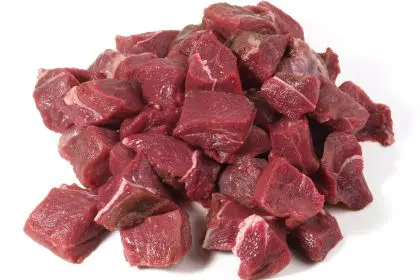The relationship between diet and kidney health is intricate and vital. Your kidneys serve as sophisticated filtration systems, removing waste and managing crucial bodily functions like blood pressure and electrolyte balance. When kidney function becomes compromised, dietary choices become increasingly important in managing health and preventing further decline.
The impact of sodium on kidney health
Excessive sodium consumption poses significant challenges for individuals with kidney issues. Modern diets often contain hidden sodium sources that can strain kidney function and complicate health management. Beyond table salt, sodium lurks in unexpected places such as processed foods, condiments, and even some medications. Understanding these sources helps create better dietary strategies for kidney health.
Managing potassium intake
While potassium plays essential roles in body function, excess amounts can burden compromised kidneys. Many common foods contain significant potassium levels that might require careful monitoring. Understanding which foods contain high potassium levels helps create safer meal plans that maintain nutritional balance while protecting kidney function.
The phosphorus challenge
Phosphorus management becomes crucial when dealing with kidney issues. This mineral, abundant in many common foods, requires careful monitoring as kidneys lose their ability to regulate its levels effectively. Modern food processing introduces additional phosphorus through additives, making label reading and food choice awareness essential skills.
Protein considerations and kidney health
Protein intake requires careful balance when managing kidney health. While essential for body function, excessive protein consumption can strain already compromised kidneys. Understanding appropriate protein portions and choosing the right sources becomes crucial for maintaining health while preventing further kidney stress.
Understanding oxalates
Oxalates present unique challenges for kidney health, particularly regarding stone formation risk. These naturally occurring compounds require careful consideration in dietary planning. Understanding which foods contain high oxalate levels helps prevent complications while maintaining nutritional adequacy.
Sugar’s impact on kidney function
Sugar consumption affects kidney health both directly and through its impact on related conditions like diabetes and obesity. Modern diets often contain hidden sugars that can complicate kidney health management. Understanding sugar’s various forms and their presence in foods helps create healthier dietary choices.
Healthier alternatives and substitutions
Finding appropriate food substitutions helps maintain dietary enjoyment while protecting kidney health. Creative cooking techniques and ingredient swaps can transform traditional recipes into kidney-friendly versions. Understanding these alternatives helps create satisfying meals that support kidney health.
The role of hydration
Proper hydration remains crucial for kidney health, though fluid needs vary based on individual circumstances. Understanding appropriate fluid intake and timing helps maintain kidney function while preventing complications. The type of fluids consumed also impacts overall kidney health management.
Reading food labels effectively
Developing skill in reading and understanding food labels becomes essential for kidney health management. Modern food packaging contains valuable information about ingredients that might affect kidney function. Understanding various terms and their implications helps make informed dietary choices.
Planning meals for kidney health
Creating effective meal plans that consider multiple dietary restrictions while maintaining nutritional adequacy requires careful planning. Understanding how to combine different foods safely while avoiding harmful combinations helps create sustainable dietary strategies.
Working with healthcare providers
Successful dietary management requires collaboration with healthcare providers who understand individual needs and circumstances. Regular monitoring and adjustment of dietary plans ensure optimal kidney health management. Professional guidance helps navigate complex dietary requirements while maintaining quality of life.
The importance of consistency
Maintaining consistent dietary habits supports long-term kidney health management. While occasional deviations might occur, understanding how to return to healthy patterns helps maintain overall health goals. Developing sustainable dietary habits ensures better long-term outcomes.
Impact on social dining
Managing kidney-friendly diets in social situations requires special consideration and planning. Understanding how to navigate restaurants, family gatherings, and special occasions while maintaining dietary requirements helps maintain social connections without compromising health.
The journey of managing kidney health through diet requires dedication and understanding. By carefully considering food choices and their impact on kidney function, individuals can better protect their health while maintaining enjoyable and sustainable dietary practices. Regular consultation with healthcare providers ensures dietary strategies remain appropriate and effective for individual circumstances.
















